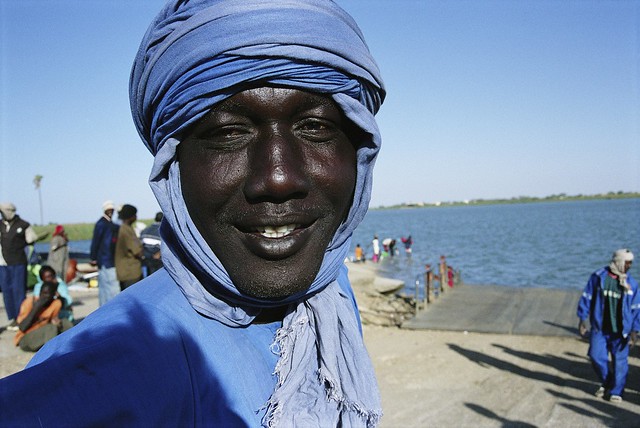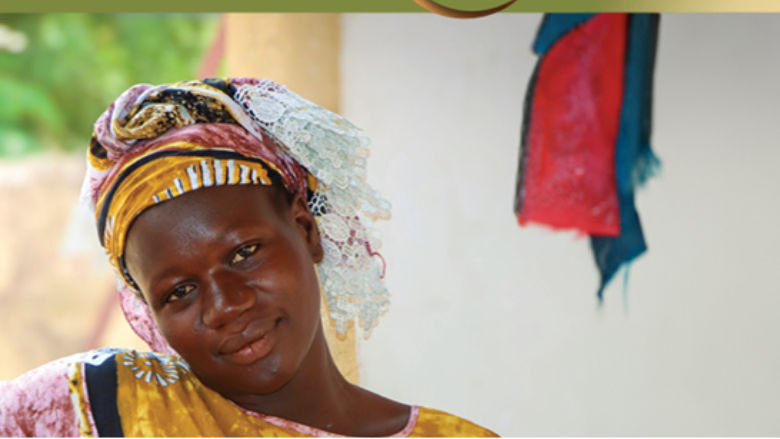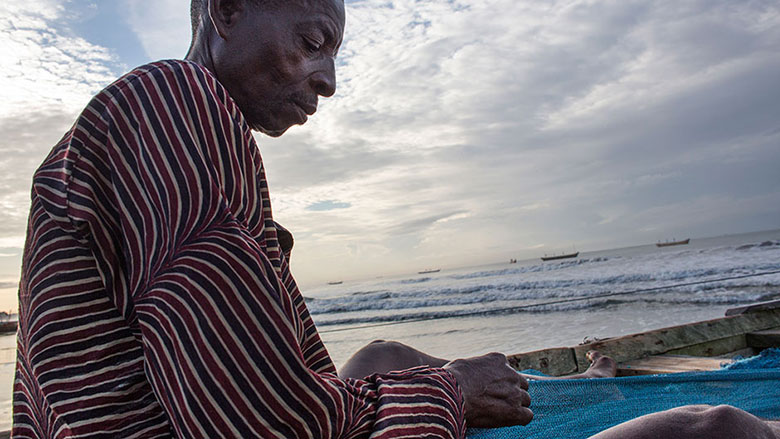About
Guinea-Bissau, one of the world’s poorest and most fragile countries, has a population of approximately 1.9 million. Guinea-Bissau borders Senegal to the north and Guinea to the south, and its Atlantic Ocean coast features the Bijagós archipelago, with 88 islands. Despite its small size, Guinea-Bissau is home to a large variety of ethnic groups, languages, and religions.
Political Context
Guinea-Bissau has a history of political and institutional fragility dating back to its independence from Portugal in 1974. It is among the most coup-prone and politically unstable countries in the world. Since independence, four successful coups have been recorded, with another 17 coups attempted, plotted, or alleged. The 2019 presidential elections were followed by a political crisis that ended in April 2020, with ECOWAS recognition of Umaro Sissoco Embaló as President of the Republic. Following a political crisis and the dissolution of Parliament by President Embaló in May 2022, early legislative elections were held in June 2023. In December 2023, Parliament was again dissolved and closed following a constitutional crisis, and a presidential initiative government was appointed. Presidential and legislative elections are scheduled for November 23, 2025.
Economy
The economy expanded by an estimated 4.8% in 2024 (2.5% per capita), an increase from 2023 supported by the service sector & higher farmgate prices. Economic activity is expected to remain strong in 2025, with growth projected at 5.1% (2.8% per capita) supported by a favorable cashew campaign and higher producer prices, stimulating private demand and boosting activity in the service sector. Headline inflation is projected to decelerate to an average of 2.5% in 2025, thanks to easing energy prices. As a result, extreme poverty incidence (<$3.00/day, 2021 PPP) is expected to decline to 41.2% in 2025. Higher cashew production, along with favorable cashew exports price projections, & lower oil and food import prices, will support the narrowing of the current account deficit to 6.1% of GDP in 2025, down from 8.6% in 2024. The fiscal deficit is projected to narrow to 4.9% of GDP in 2025 supported by higher cashew revenue, and lower current expenditures. Public debt is expected to decline to 78.5% of GDP in 2025.
Growth is expected to average 5.2% in 2026-2027. Agriculture is projected to remain a driver of growth, supported by recent government investments that will enhance rural incomes and stimulate private consumption. The construction & service sectors, alongside improved electricity supply & investments in roads & connectivity infrastructure, are expected to strengthen regional integration and attract private investment. Higher per capita growth and lower food prices are anticipated to reduce poverty to 37.2% in 2027. Improved revenue collection & continued spending discipline could reduce the fiscal deficit and public debt to 3.0% and 74% of GDP, respectively, by 2027.
Despite recent progress, risks to the outlook remain elevated. Economic growth could be dampened by weak performance in the cashew sector, international shocks to commodity markets, political instability and uncertainty surrounding the elections scheduled for November 2025, & potential fiscal slippage.
Last Updated: Oct 07, 2025









